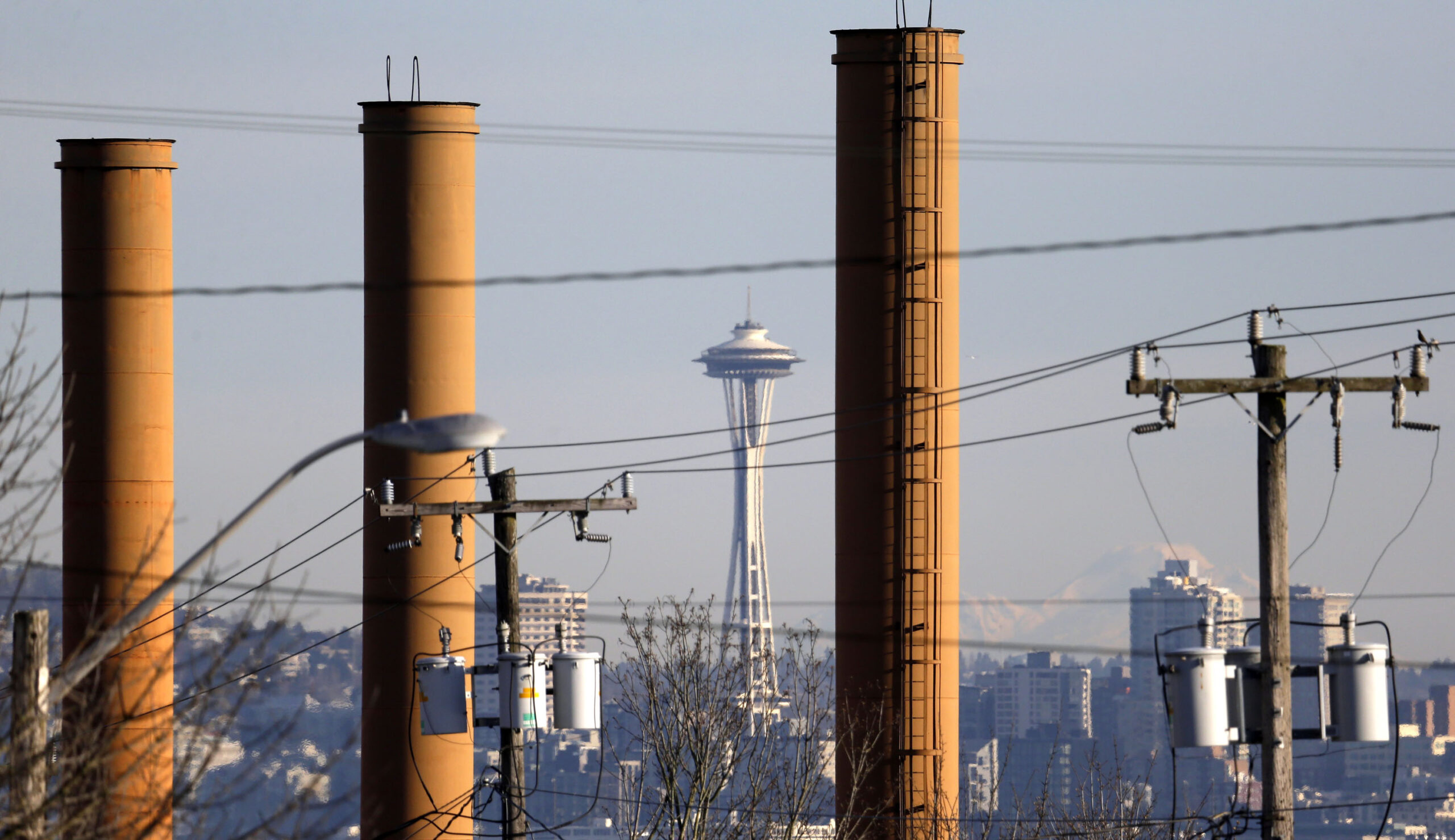

(The Center Square) – Seattle Mayor Bruce Harrell said that he would not look at new revenue streams to address the city’s $229 million budget gap.
Harrell gave his State of the City address with an emphasis on improving public safety, increasing the city’s affordable housing stock, addressing the drug epidemic and replacing aging infrastructure.
“The size of this deficit means that we will have difficult financial decisions ahead,” Harrel said.
The mayor added that passing a new and higher taxes will not address the fundamental issues needed to close the gap over the long run.
“While there are some who would suggest that the answer lies simply in new revenue, the fact is that passing a new or expanded tax will not address the fundamental issues needed to close this gap in the long-run,” Harrell said.
The mayor is now proposing a data-driven approach to addressing the budget gap.
“Our pace of spending requires a systemwide analysis of every expense stream and line of business, as well as a granular analysis of every dollar spent,” Harrell said. “This approach will ensure that we have a well-run, efficient, and effective city government in the future.”
Seattle City Councilmember Dan Strauss, who also serves as city budget chair, was mentioned by Harrell to help work in collaboration with the mayor’s office to address the budget gap.
At the beginning of the year, Harrell instituted a partial hiring freeze due to the increased budget gap projection of more than $229 million in 2025. The Center Square previously reported that the city’s fiscal challenges were more significant than were previously known when the 2024 budget was adopted.
The city initially estimated that expenses would grow by $547 million from 2022 to 2026, outpacing increases in revenue and leading to a projected $221 million budget deficit in 2025.







